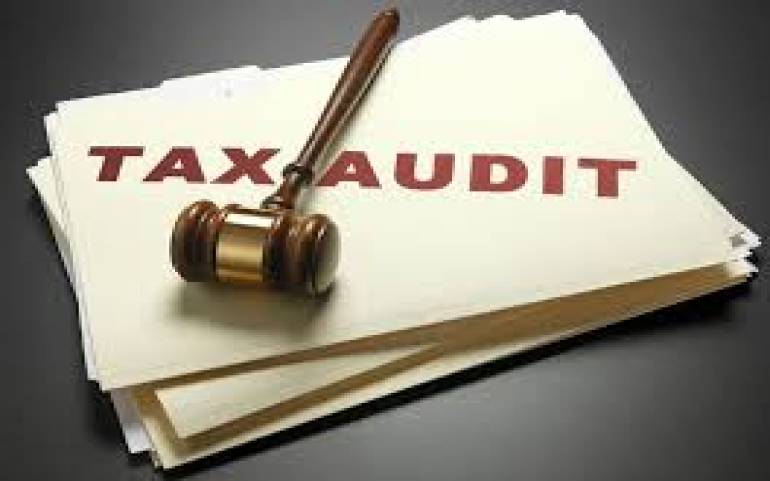Tax Audit
What is Tax Audit?
A Tax Audit is an examination and verification of the accounts
of a business or profession carried out by a Chartered Accountant (CA) to
ensure compliance with the provisions of the Income Tax Act, 1961.
It is mandatory for certain businesses and professionals whose
turnover or gross receipts exceed specified limits.
Benefits of a Tax Audit:
·
Ensures accuracy and correctness of books
of accounts.
·
Helps in detecting and preventing tax
evasion.
·
Mandatory for smooth filing of income tax
returns in specified cases.
·
Increases transparency in financial
reporting.
·
Provides credibility to financial
statements when presented to banks,
investors, or government authorities
Process of Tax Audit
·
Appoint a Chartered Accountant (CA)
registered with ICAI.
·
Preparation of financial statements: Profit
& Loss Account, Balance Sheet, Ledgers.
·
CA will verify and audit books of accounts,
bills, vouchers, and financial transactions.
·
Filing of Form 3CA/3CB (Audit Report) and
Form 3CD (Statement of particulars) online on Income Tax Portal.
·
Submit final audited financial statements
and income tax return.
Tax Audit Criteria (As per Section 44AB of Income Tax Act,
1961)
A tax audit is a process where a Chartered Accountant reviews
and certifies the accounts of a taxpayer to ensure compliance with the Income
Tax Act.
Who is Required to Get a Tax Audit?
· Business:-
If total sales/turnover/gross receipts exceed ₹1 crore in a
financial year.
(Limit increased to ₹10 crores if cash transactions are up to 5%
of total transactions.)
·
Profession:-
If gross receipts exceed ₹50 lakhs in a financial year.
·
Presumptive Taxation (Section 44AD):-
If taxpayer declares income less than 8%/6% of turnover and
total income exceeds the basic exemption limit.
·
Presumptive Taxation (Section 44ADA/44AE):-
If income declared is less than the prescribed limit under the respective sections and total income
exceeds exemption limit.

